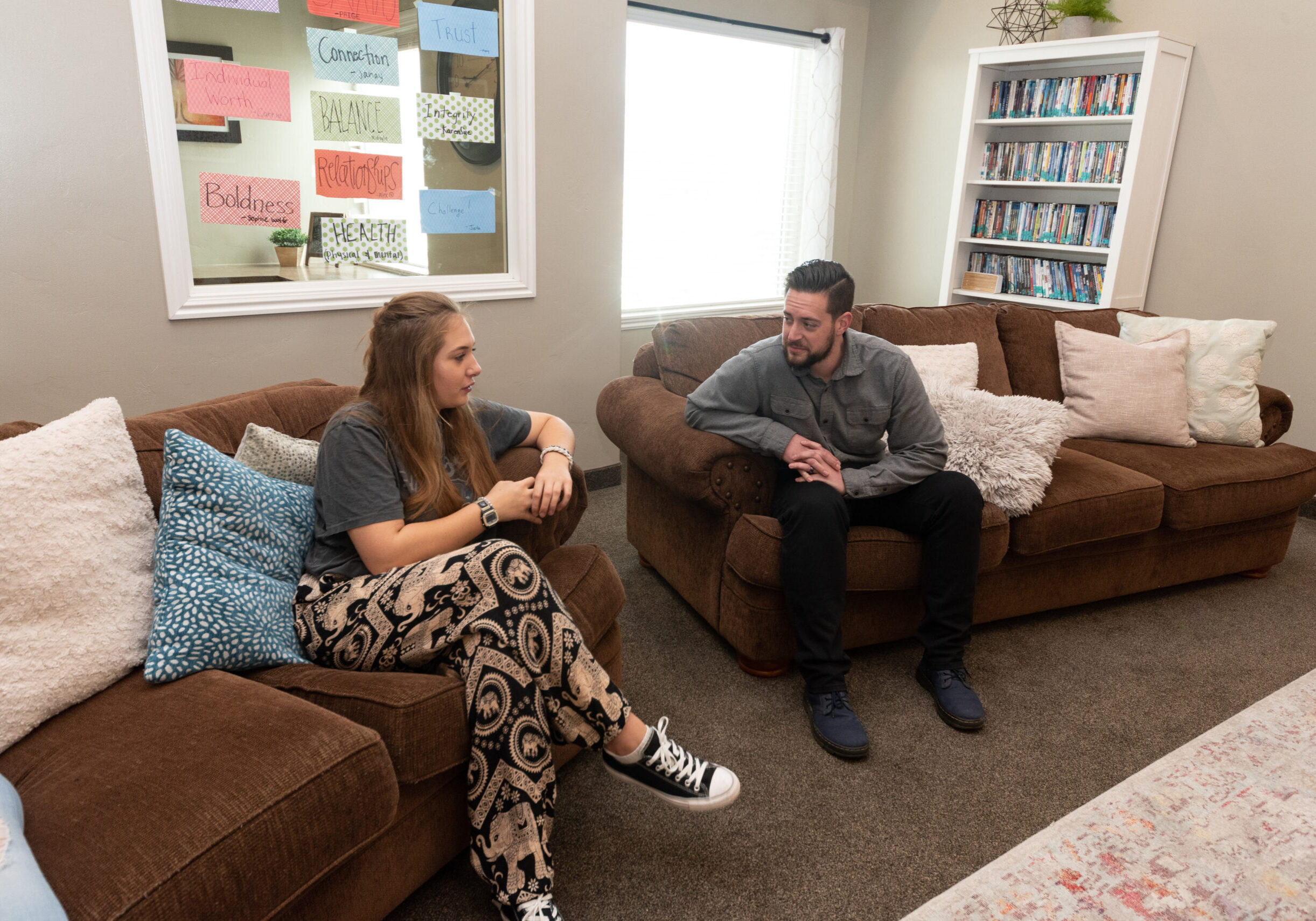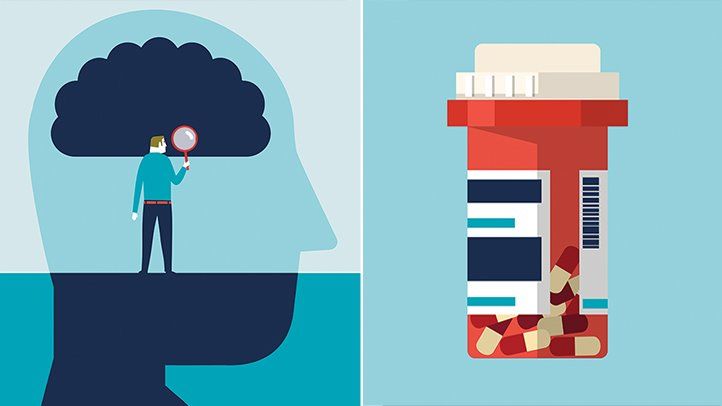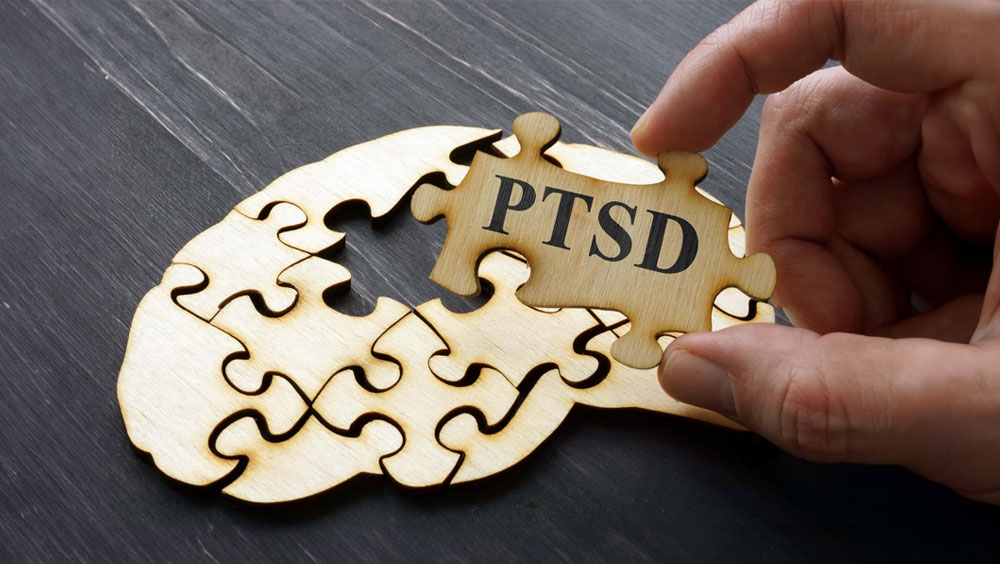Navigating the complexities of Post-Traumatic Stress Disorder (PTSD) requires a comprehensive understanding and a personalized approach to treatment. As a condition that profoundly impacts both mental and physical well-being, developing a tailored PTSD treatment plan is essential for effective healing and long-term recovery. This article delves into a range of treatment options, including inpatient PTSD treatment, holistic approaches, and residential programs, aiming to provide you with insightful guidance on choosing the most suitable path to reclaim your life and well-being. Whether you are seeking intensive professional support or alternative methods to complement traditional therapies, our goal is to equip you with the knowledge to make informed decisions on your journey to overcoming PTSD.
Understanding PTSD And Its Impact

PTSD can disrupt daily life and affect interpersonal relationships, making it imperative to address both the psychological and physical symptoms. Comprehensive treatment approaches often incorporate a combination of therapy, medication, and lifestyle modifications tailored to the individual's unique needs. Cognitive Behavioral Therapy (CBT) and Eye Movement Desensitization and Reprocessing (EMDR) are common therapeutic methods that help patients process and reduce the impact of traumatic memories. Additionally, incorporating mindfulness and stress-reduction techniques can aid in managing anxiety and improving overall emotional well-being. Building a strong support system and maintaining open communication with healthcare professionals can further enhance the effectiveness of the treatment plan, ensuring that it evolves with the patient's recovery journey..
Components Of An Effective PTSD Treatment Plan

In addition to these core therapies, a comprehensive PTSD treatment plan often integrates mindfulness and relaxation techniques to help manage stress and anxiety associated with the disorder. Mindfulness-based stress reduction (MBSR) can enhance emotional regulation and foster a sense of calm, while yoga or tai chi may complement therapy by promoting physical well-being and mental tranquility. Pharmacotherapy might be considered to alleviate symptoms like depression or severe anxiety, making it easier for individuals to engage in therapeutic processes. Furthermore, support groups and family therapy can play a vital role in recovery by providing a safe space for sharing experiences and encouraging a supportive community. This multifaceted approach ensures that treatment is holistic, addressing both mind and body to facilitate healing and resilience..
The Benefits Of Inpatient PTSD Treatment

Inpatient PTSD treatment offers a holistic and immersive approach to healing, creating a sanctuary for individuals to rebuild their lives. Within this supportive space, patients have access to a wide array of therapeutic interventions, such as one-on-one psychotherapy, group counseling, and experiential therapies that may include art, music, or movement. The constant presence of trained professionals ensures that emotional support is available whenever challenges arise, allowing for timely interventions and adjustments to treatment plans. Moreover, patients benefit from a community of peers who understand their experiences, fostering a sense of camaraderie and mutual understanding. The removal from external pressures and distractions enables patients to concentrate fully on their healing journey, cultivating coping strategies and resilience that will serve them as they transition back into the outside world. Overall, inpatient PTSD treatment is a vital lifeline for those needing an intensive and controlled pathway to recovery..
Exploring PTSD Residential Treatment Options

PTSD residential treatment provides a harmonious blend of intensive care and personal freedom, creating an optimal environment for healing. By residing on-site, individuals have constant access to professional support and resources, facilitating a comprehensive approach to recovery. Daily therapy sessions and structured activities are meticulously crafted to address trauma, build coping mechanisms, and instill resilience. Additionally, the communal aspect of these programs fosters a sense of belonging and mutual understanding, allowing residents to draw strength and inspiration from shared experiences. This unique setting empowers individuals to navigate their path to recovery at their own pace while developing the skills needed for reintegration into everyday life, ultimately bridging the gap between inpatient and outpatient care..
Exploring Holistic Treatment For PTSD

Holistic treatment for PTSD aims to create a nurturing environment where individuals can heal not only from the psychological scars of trauma but also the physiological and emotional impacts. By integrating mind, body, and spirit approaches, this treatment paradigm encourages a balance that traditional therapies alone may not achieve. Techniques such as yoga and meditation cultivate mindfulness and reduce stress, helping individuals develop a stronger connection between their mental and physical selves. Acupuncture can alleviate anxiety by stimulating the body's natural healing processes, while nutritional adjustments ensure the body is well-nourished, promoting optimal brain function and resilience. These methods work synergistically with conventional therapies like cognitive behavioral therapy and EMDR, providing a comprehensive care experience that addresses the multifaceted nature of PTSD, ultimately fostering a deeper sense of well-being and fulfillment..
Choosing The Right PTSD Treatment Plan For You

Choosing the most suitable PTSD treatment plan is a personal journey, requiring careful consideration of individual needs, symptoms, and lifestyle preferences. It begins with an open dialogue with mental health professionals who can offer critical insights and guidance. These experts can evaluate the nuances of your condition and suggest a tailored approach, often combining various therapeutic methods to enhance effectiveness. Whether it's traditional therapies, such as cognitive-behavioral therapy, exposure therapy, or newer approaches like EMDR or medication, the goal is to develop a comprehensive plan that promotes healing and resilience. This personalized care strategy not only addresses immediate symptoms but also fosters long-term wellbeing, empowering individuals to reclaim control over their lives..
The Role Of Family And Community In PTSD Recovery

Family and community play a pivotal role in the recovery journey. Support networks provide emotional backing, encouragement, and practical help, contributing significantly to the success of any PTSD treatment plan. Engaging family in therapy sessions can enhance communication and understanding, fostering a supportive recovery environment. Beyond just the immediate family, the broader community can also be instrumental in the healing process. Local support groups, community centers, and even online forums create spaces where individuals can share experiences and coping strategies. These communal ties help individuals feel less isolated, providing a sense of belonging and validation. By participating in community activities, those recovering from PTSD can regain confidence and develop new, meaningful relationships. Moreover, community awareness initiatives can educate others about PTSD, reducing stigma and promoting empathy and inclusion. In essence, the intertwined network of family and community forms a safety net that empowers individuals on their path to recovery, proving that healing is indeed a collective endeavor..
Overcoming Challenges In PTSD Treatment

Post-Traumatic Stress Disorder (PTSD) treatment often faces significant hurdles, such as resistance to engaging fully in therapeutic processes, complexities in medication management, and the potential for relapses. To combat these challenges, early identification of obstacles is crucial. Employing flexible and innovative strategies tailored to each individual's needs can improve the effectiveness of treatment plans. Techniques such as incorporating cognitive behavioral therapy, mindfulness practices, or personalized medication regimens can play a critical role. Collaboration among healthcare providers, patients, and support networks is essential to fostering resilience, enhancing the therapeutic journey, and achieving sustained progress in managing PTSD. As a result, those affected can attain a better quality of life and a renewed sense of control over their mental health..
In conclusion, crafting a personalized PTSD treatment plan is an essential endeavor on the path to healing and recovery. By exploring diverse approaches including inpatient and residential treatments, alongside holistic methods, you can design a strategy that truly aligns with your unique therapeutic needs. Collaborating with experienced professionals and relying on the strength of your support network can provide critical guidance and encouragement. Always remember that recovery is a gradual journey, underscoring the importance of patience and perseverance as you work towards reclaiming a sense of peace and well-being in your life.


